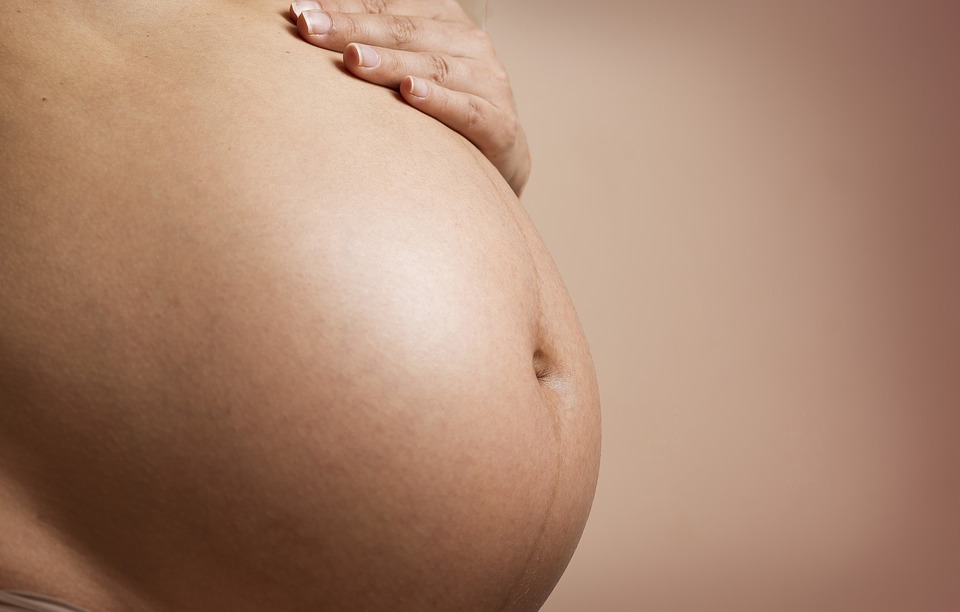During pregnancy, it is crucial to follow a healthy and varied diet. This way, the baby will receive the nutrients it needs to grow well. In addition, there are a few things to keep in mind. Here are some tips that can help with your nutrition if you’re pregnant!
Iodine
Iodine plays a vital role in your baby’s growth and brain development during pregnancy. The primary source of iodine is bread. Iodine can also be found in dairy products such as milk and yogurt, eggs, and fish.
For instance, consuming sandwiches and three to four dairy products (about half a liter) a day and eating fish twice a week will get you enough iodine.
What Happens if I Am Deficient in Iodine?
Have you found that you are not getting enough iodine? Then try to consume more iodine-rich products first. Not working for you? You can consult your doctor to see if you can take a supplement containing up to 200 micrograms of iodine daily for the duration of your pregnancy.
Iron
Adequate iron intake can help reduce the risk of anemia during pregnancy. The body highly absorbs iron in animal products (such as meat and fish). Iron can also be found in plant-based foods such as bread, whole grain products, beans, nuts, and vegetables like spinach and radishes. Consume vegetables and fruits, which are rich in vitamin C, with every meal. This will make it easier for your body to absorb the iron.
Are you not getting enough iron? Talk to your midwife to find out if you need iron supplementation. Your midwife will ask you to measure the iron level in your blood at the time of your first intake. This is often repeated around the 30th week of pregnancy. If you have too little iron and are anemic, they will prescribe an iron supplement.
Folic Acid and Vitamin D Intake
During pregnancy, you need more folic acid and vitamin D than you can get from food. Therefore, you should consume more folic acid and vitamin D.
Folic acid reduces the risk of spina bifida, premature birth, and low birth weight, and it may also reduce the chances of cleft lip in babies. Please consult your doctor before taking it, and they will probably prescribe it for the first 10 weeks of pregnancy from when you start trying to conceive.
Vitamin D supplements help the baby’s bone formation, and they may also help reduce the risk of gestational diabetes, low birth weight, and asthma-like symptoms in babies. During pregnancy, take 10 micrograms of vitamin D per day.

Calcium
In addition to vitamin D, calcium is also essential for the proper formation of your baby’s bones. Adequate calcium intake during pregnancy also lowers the risk of high blood pressure, preterm labor, and preeclampsia. The main source of calcium is dairy products, but it can also be found in beverages such as water, tea, and coffee, whole-grain bread, and whole-grain products.
For instance, consuming dairy products three to four times a day (about 1/2 liter) will provide you with enough calcium. That’s three to four glasses, 150 ml for a plate, or two large cups. Healthy choices, for example, are skim or semi-skim milk, yogurt or cottage cheese, and 40 grams of cheese. This is enough cheese for about two slices of bread.
Eat Fish Twice a Week
It is important to eat enough fish twice a week during pregnancy but make sure the fish is well-cooked before eating. Eating fish twice a week lowers the risk of premature birth. The fatty acids in fish are essential for the development of the unborn child’s brain and eyes.
Note: Do not eat certain types of fish during pregnancy. Fish such as tuna, mackerel, sardines, and eel should be avoided because they contain high levels of harmful substances.


